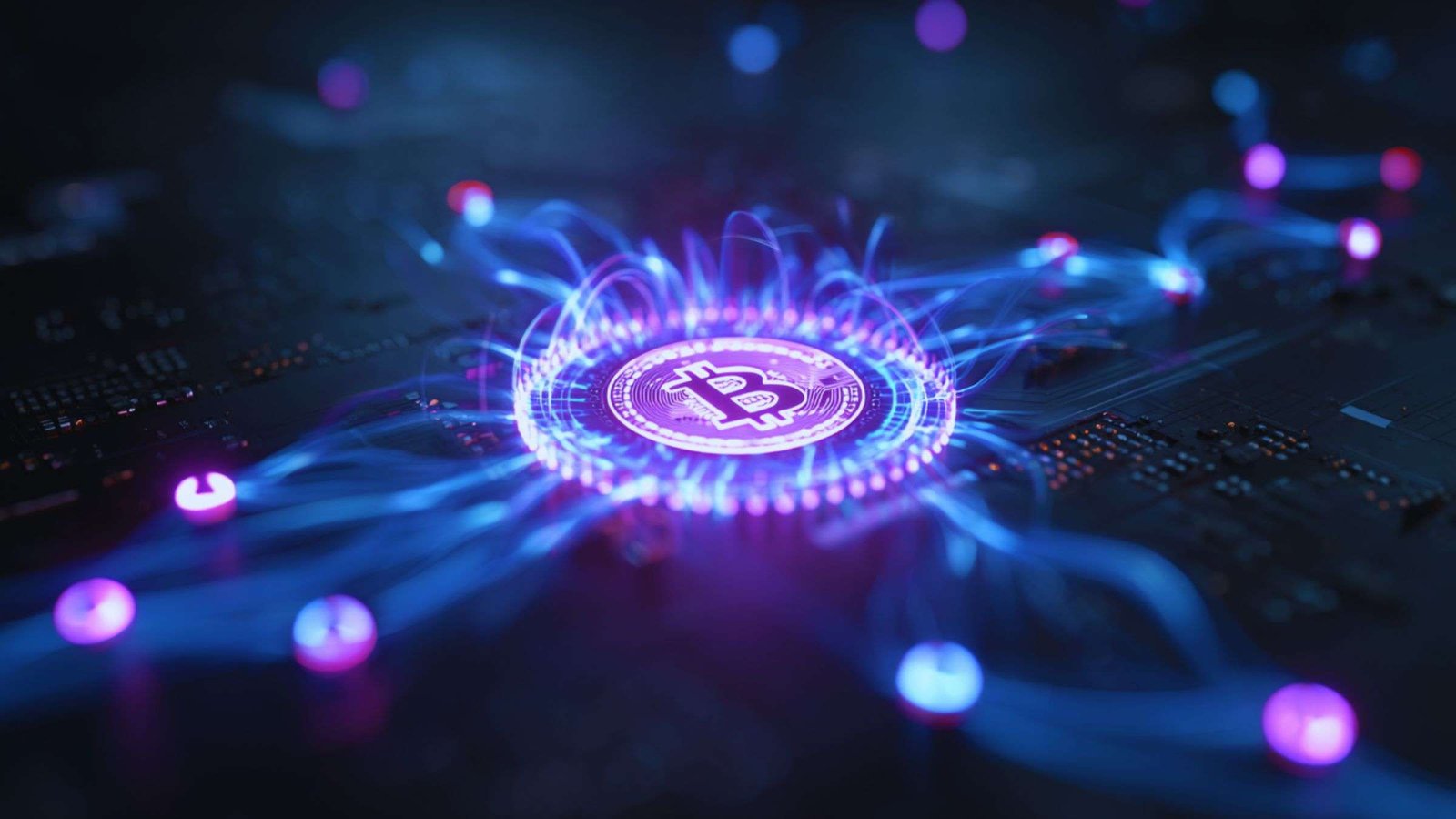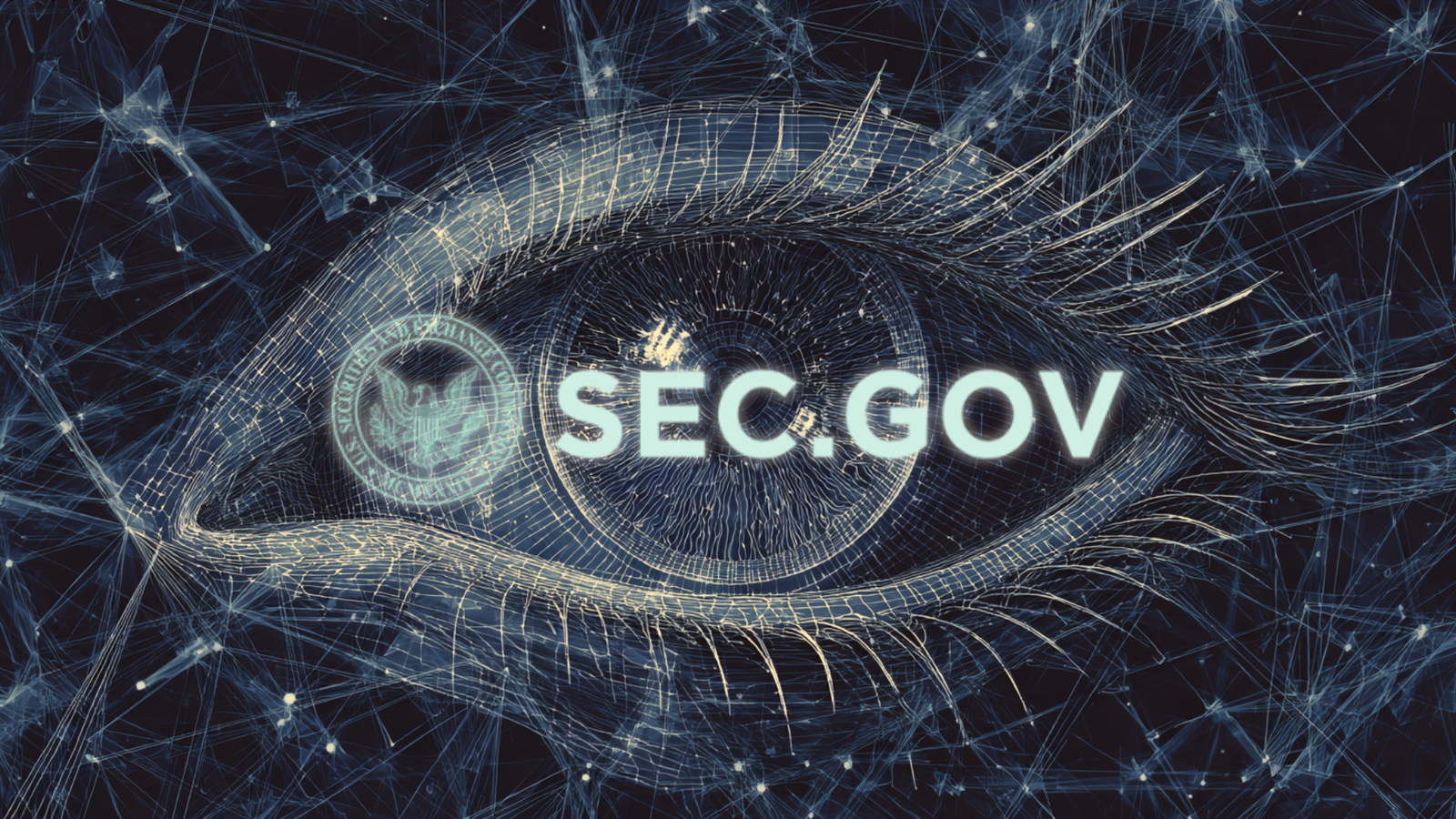A nearly two-decade-old mathematical protocol, GKR, is now getting a crucial spotlight from Ethereum co-founder Vitalik Buterin, who argues it could revolutionize how quickly and efficiently blockchains and AI systems verify complex operations.
The challenge of quickly and reliably verifying vast computations, ranging from intricate financial transactions to sophisticated AI model outputs, without a shred of blind trust has long been a technical hurdle. A powerful solution, the GKR protocol, is now gaining renewed attention.
This mathematical system enables a party to prove a massive computation’s correctness without detailing every single step. On October 19, Ethereum co-founder Vitalik Buterin released a detailed guide on GKR, refocusing interest on this 17-year-old innovation and emphasizing its capacity to enhance the speed and privacy of blockchains like Ethereum.
What is the GKR Protocol and Why It Matters
GKR, named after Shafi Goldwasser, Yael Tauman Kalai, and Guy Rothblum, creates interactive proofs that efficiently verify layered computations. In practice, a prover claims the output of a multi-step computation. The verifier selects random points and checks that these outputs match the computation at each layer, working backward to the known inputs.
This process relies on the sumcheck protocol, which recursively reduces the problem until verification is possible with minimal data. By focusing on inputs and outputs, GKR avoids the computational burden of committing to every intermediate calculation, a common requirement in traditional zero-knowledge proofs.
Buterin’s Vision and Key Applications of GKR
Buterin emphasizes the potential of GKR to improve efficiency in both blockchain and AI systems. He describes the protocol as “tailor-made” for scenarios requiring high performance with minimal overhead.
In benchmarks, GKR requires roughly 15 times the native computation time for provers when verifying batches of Poseidon hashes, a cryptographic function used in Ethereum. This compares favorably with older STARK methods, which can incur roughly 100-fold overhead.
Verification remains fast, and proof sizes are small, often under 1 KB. Buterin’s demo demonstrates the protocol verifying two million hashes per second on a standard laptop, suggesting real-time Ethereum block proofs are feasible with modest consumer GPUs.
GKR underpins critical technologies such as zk-EVMs (zero-knowledge Ethereum Virtual Machines), which execute computations off-chain while maintaining security, reducing transaction costs and improving throughput. It also supports verifiable machine learning (zk-ML), enabling users to confirm AI model outputs, such as chatbot responses, without retraining or fully inspecting the model.
Buterin notes that most high-efficiency provers will adopt protocols like GKR, highlighting its role in next-generation verification systems.
The GKR Protocol: Pros and Cons
The advantages of the GKR protocol are compelling:
- Exceptional Efficiency: Drastically reduces the computational burden for provers and verifiers, especially for layered computations.
- Minimal Proof Size: Proofs are remarkably small, making them easy to transmit and store.
- Scalability for Complex Tasks: Ideal for scaling applications in blockchain and AI that require verifiable yet efficient processing.
However, the protocol also faces challenges:
- Soundness Concerns: One of GKR’s co-inventors, Guy Rothblum, highlighted a soundness flaw in a common GKR variant, where false proofs could be generated under specific conditions. Fixes, such as slower hashes for challenges, are being explored.
- Assumptions and Limitations: GKR’s efficiency assumes computations are structured in low-degree layers. More general or unstructured circuits might require additional tweaks or introduce bottlenecks in memory usage for very large batches.
Chain Street’s Take
Buterin’s renewed focus on GKR highlights its potential to reduce verification costs and enable faster, trustable computation across blockchain and AI systems. While soundness concerns require attention, the protocol’s efficiency and scalability mark a significant advance.
GKR and similar cryptographic methods are likely to play a key role in the infrastructure of the next generation of digital systems, providing verifiable, high-performance solutions for complex computational tasks.



